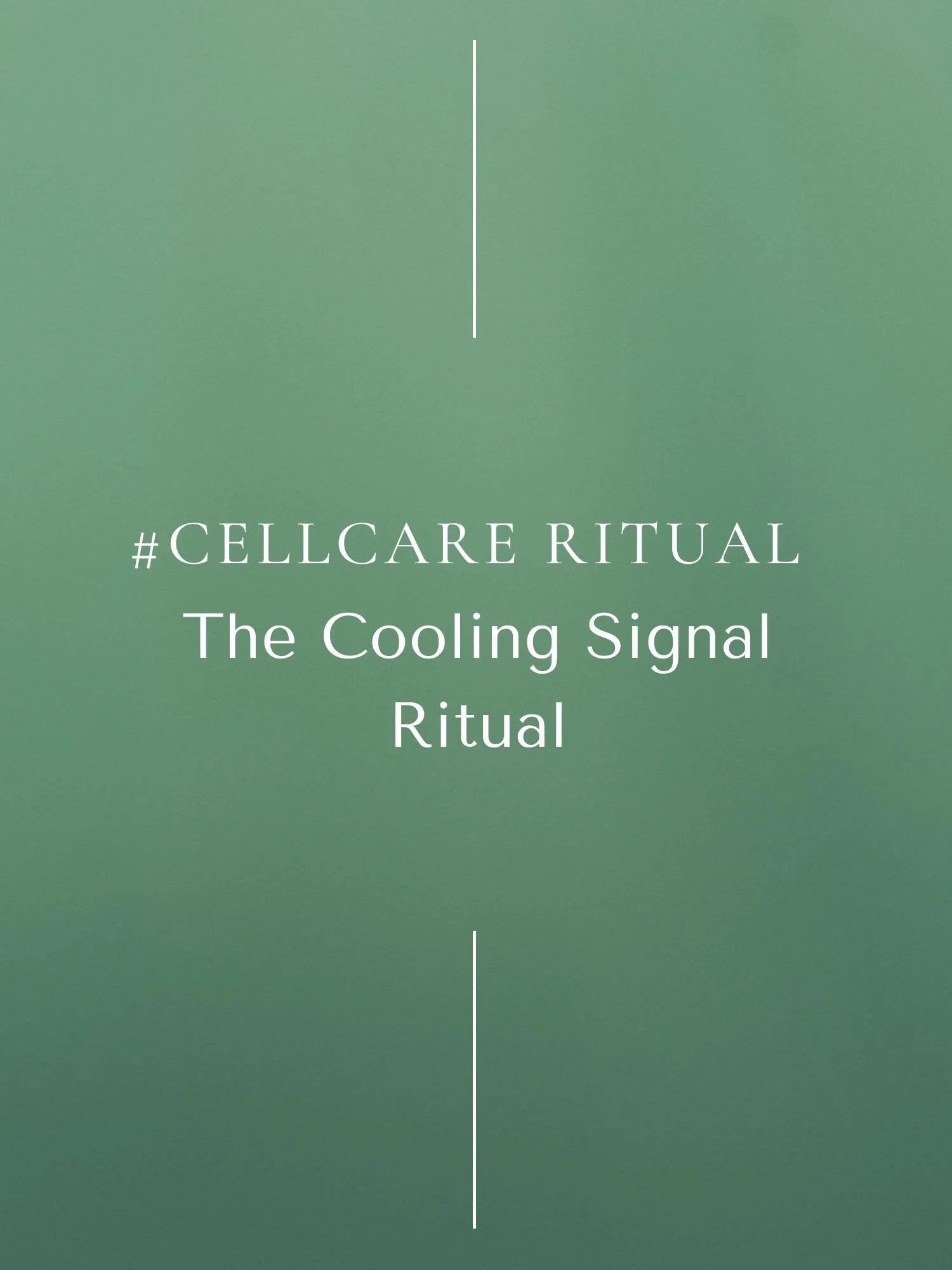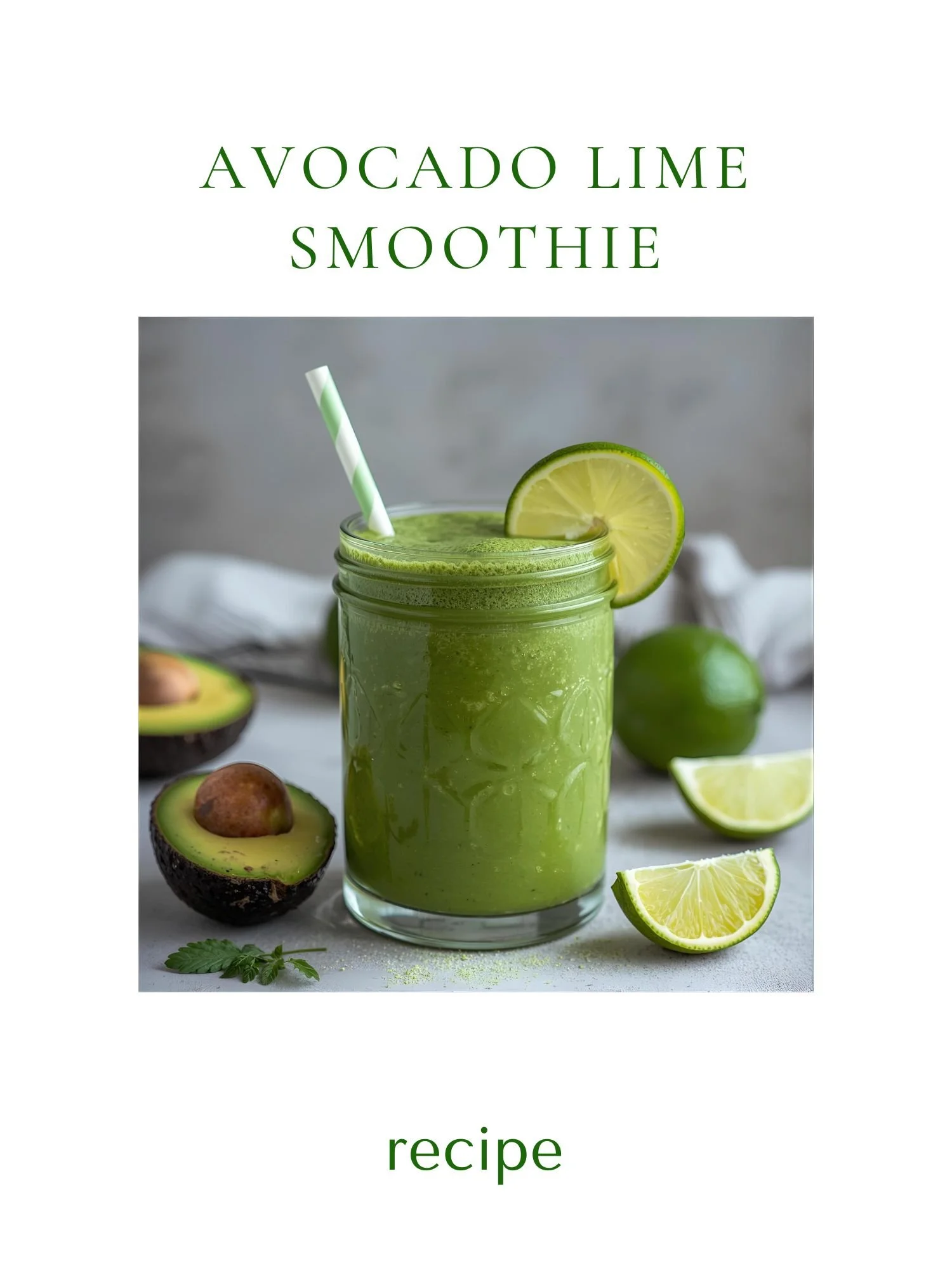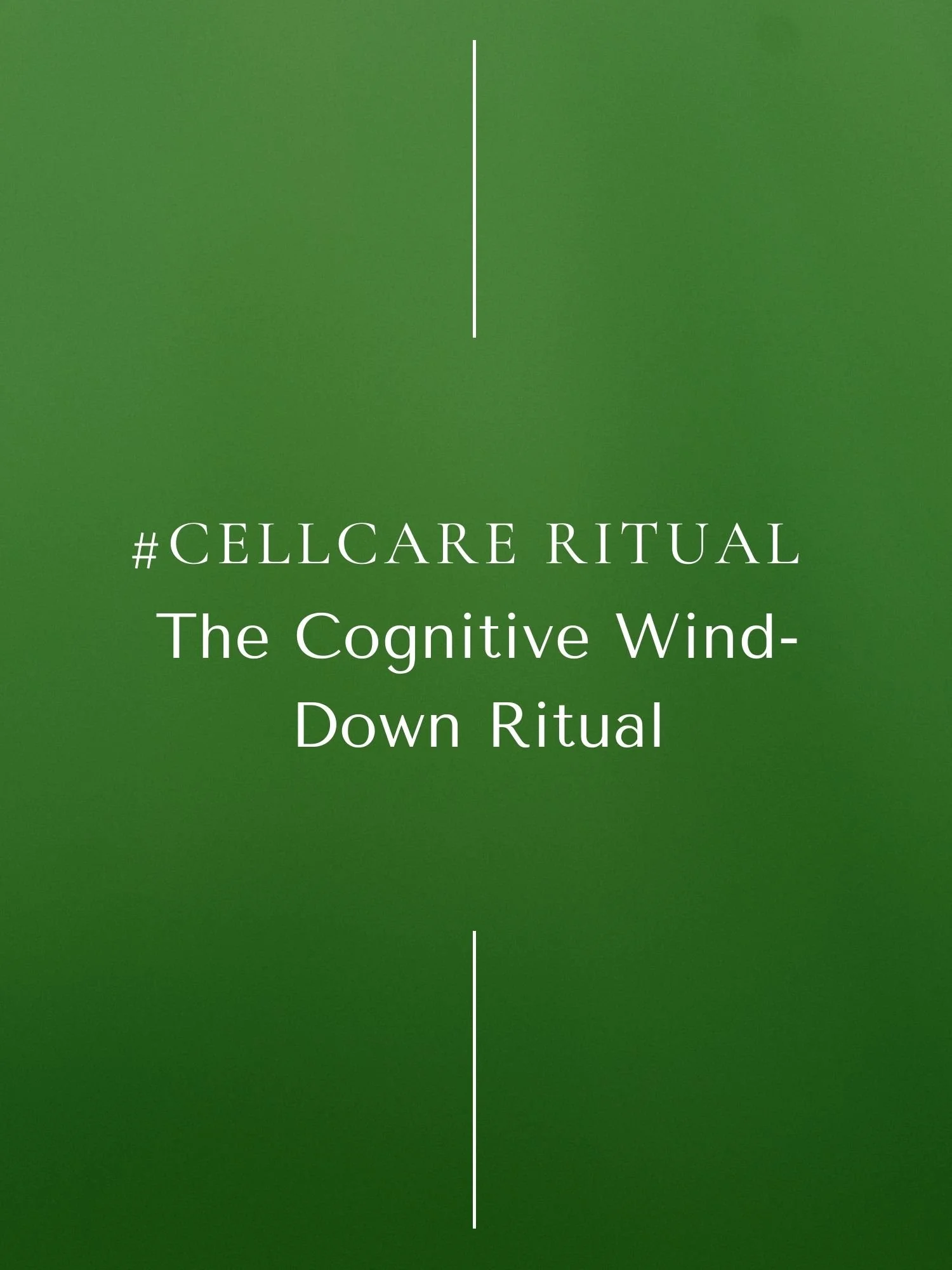8 Health Benefits of Eating Butternut Squash
Butternut squash is a favorite of mine! They're sweet, nutritious and make a great addition to any meal. Not only is it delicious, but this veggie can also help you live a healthier life. Here are 5 health benefits of eating butternut squash:
Butternut squash is high in Vitamin A.
Vitamin A is important for healthy skin and eyes. It’s also critical to growth and development, as well as the immune system, reproductive system, and vision. You can find Vitamin A in many foods like butternut squash, carrots, sweet potatoes, kale and spinach.
Butternut squash is high in beta-carotene.
The beta-carotene content of butternut squash is very high. Beta-carotene is a powerful antioxidant and helps prevent cancer, heart disease, and macular degeneration. It’s converted to vitamin A in the body. The more you eat the more beta-carotene there will be available for conversion to vitamin A. Butternut squash also contains vitamins C, E and K as well as B vitamins such as riboflavin (B2) niacin (B3), thiamine (B1), pantothenic acid or vitamin B5; pyridoxine or vitamin B6 and folate/folic acid (B9).
Butternut squash is low in calories
Butternut squash is low in calories. It's a great way to keep your daily calorie intake at a healthy level if you're trying to lose weight. The average serving size of butternut squash is one cup, which contains only 44 calories! That means that you can eat as much butternut squash as you want without worrying about gaining weight.
Butternut squash is full of fiber, antioxidants, vitamins and minerals. In addition to being low in calories, butternut squash also offers many health benefits such as aiding weight loss and reducing cholesterol levels - plus it's delicious too!
The antioxidants in butternut squash can help prevent cancer.
Butternut squash is also rich in antioxidants. Antioxidants help prevent cancer by fighting free radicals, which can damage cells and cause disease. Free radicals are formed when you exercise, or when you're exposed to chemicals in the environment.
Butternut squash contains carotenoids and vitamin C, which are both powerful antioxidants that fight free radicals in your body.
You can get more of these antioxidants from other foods like broccoli, sweet potatoes and kale.
Eating butternut squash can help lower blood pressure.
Butternut squash is a good source of potassium, which helps lower blood pressure. Potassium is an effective natural diuretic that can help you prevent fluid retention and bloating.
Butternut squash also contains magnesium, another mineral that works to lower blood pressure by relaxing your arteries and improving circulation. Fiber from butternut squash contributes to both lower cholesterol levels and reduced inflammation as well as improved digestive function.
Eating butternut squash can help keep eyes healthy.
Butternut squash is an excellent source of lutein, a nutrient that may help preserve the health of your eyes. Lutein is a carotenoid (a type of antioxidant) found in leafy green vegetables, fruits and other foods like butternut squash. Carotenoids are good for eye health because they can protect cells from oxidative damage caused by free radicals.
Butternut squash also contains beta-carotene and vitamin A, both of which are nutrients that promote healthy eyesight. The body converts beta-carotene into vitamin A and uses it to form rhodopsin in the retina—a protein needed for vision at night or in dim light conditions such as twilight or foggy weather conditions where visibility may be obscured by low light levels due to smoggy conditions caused by pollutants in the air such as ground level ozone pollution (smog).
Eating butternut squash can help with digestion.
Butternut squash is good for digestion. It can help with constipation, gas and bloating, heartburn, irritable bowel syndrome (IBS), and ulcers.
Butternut squash helps in fighting with constipation: The fiber content in butternut squash is very high which helps to maintain proper bowel movements and keep you regular. Fiber also absorbs water from the intestine helping to soften stools and make them easier to pass through the colon.
It helps with gas and bloating: Gas occurs when there is too much air or gas in your stomach or intestines that causes discomfort like bloating pain along with flatulence (passing wind). Butternut squash contains soluble fibers that help reduce intestinal gas by binding up some of the fatty acids which prevents them from being digested by our body into smaller molecules that cause flatulence.
Butternut Squash can help fight signs of aging.
Butternut squash contains vitamin C, which is important for keeping skin healthy. It's also rich in beta-carotene, which helps promote healthy skin and prevent premature aging. As a result, butternut squash can help reduce the appearance of wrinkles and dark spots on your face.
Butternut squash is rich in vitamin A, which helps keep skin looking young by promoting cell turnover (that means shedding dead cells so they're replaced with new ones). Vitamin A also helps your body make sebum—the natural oil that keeps your skin moisturized—so if you're prone to acne breakouts, eating more butternut squash could be key to reducing breakouts!
You can get many health benefits from eating butternut squash, and it's delicious too!
Butternut squash is a great source of vitamin A, beta-carotene and fiber. It's low in calories, and high in vitamin C. Butternut Squash is also a good source of potassium and magnesium. And lastly, butternut squash is known as a good source of Vitamin K
Try this easy one pot butternut squash recipe to capture all the health benefits
We hope that you have enjoyed learning about some of the many health benefits of butternut squash. It’s a delicious food that can be used in a variety of ways, so we encourage you to try cooking with butternut squash today!
You may also like:
by Dr. Monisha Bhanote
✅ EVIDENCE-INFORMED REVIEWED ARTICLE











